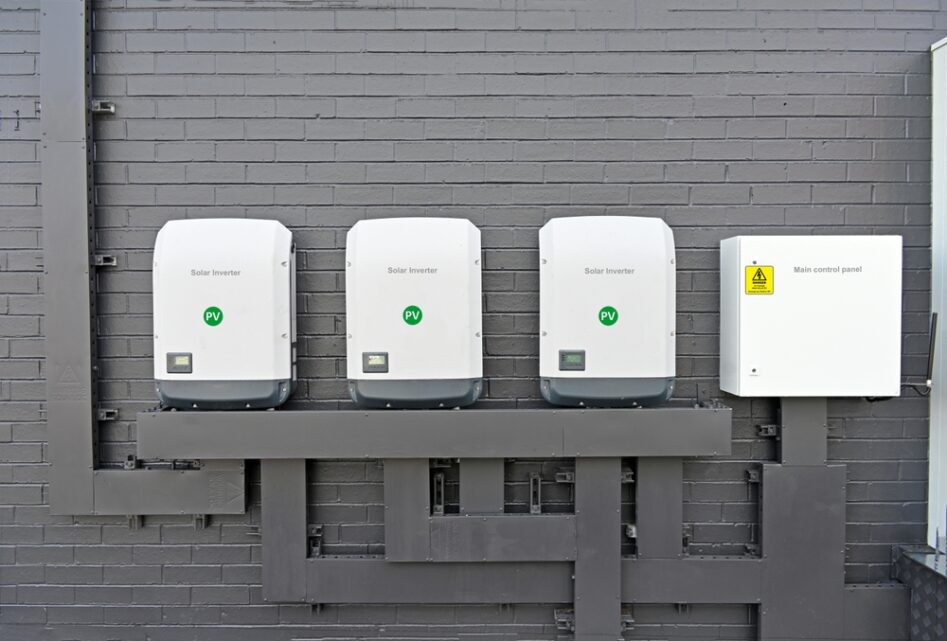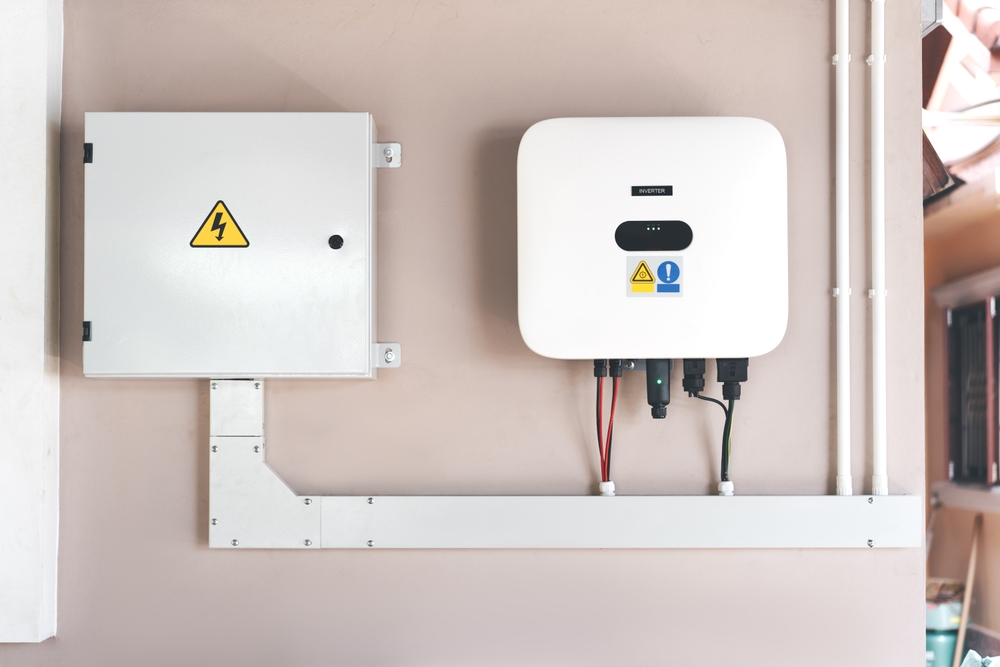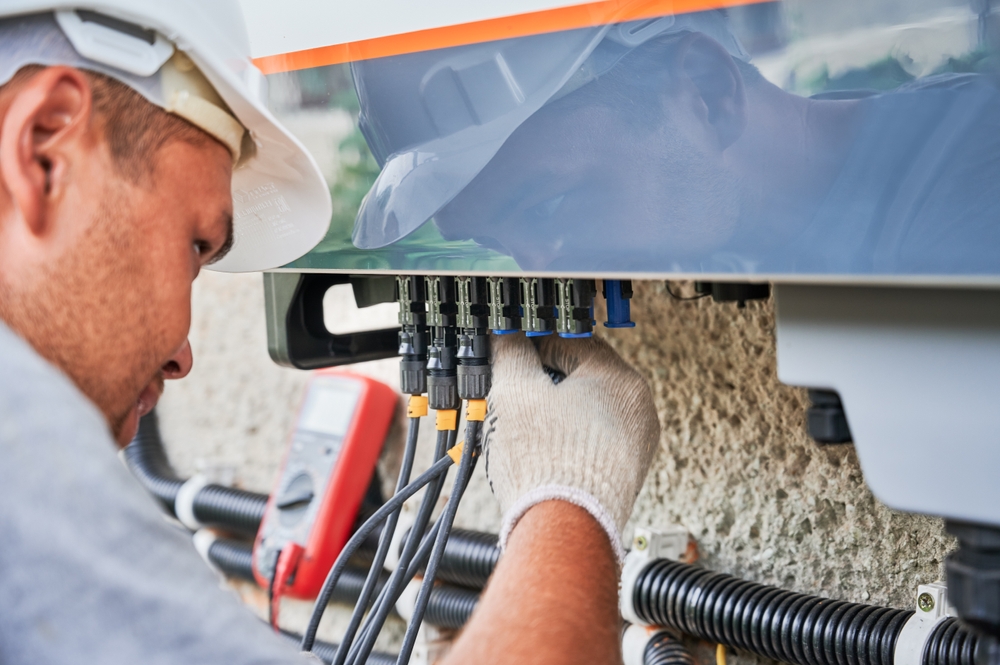Inverter vs Generator: What are the Differences?

You’ve probably heard of an inverter. You’ve also probably heard of a generator. You might even have one. But what are they, and how are they different from each other?
Even though many people might use these terms interchangeably, they are not the same. Continue reading to find out why it’s important to consider your intended use, energy needs, and budget when choosing between the two.
Table of Contents
What is a Generator?
As you may know, traditional generators are a backup power source that converts mechanical energy into electrical energy. Most traditional generators use gasoline as a fuel source, but propane dual fuel and solar generators also exist. They are most commonly used in homes, businesses, and hospitals during power outages.
What is an Inverter?
Inverter generators are generally more fuel-efficient and eco-friendly than traditional generators. They use advanced technology to adjust fuel consumption based on demand, resulting in lower fuel costs and emissions. Plus, they’re much quieter than a traditional generator.
To learn more, we need to talk about AC and DC (not the band).
Inverter generators convert direct current (DC) to alternating current (AC), producing cleaner and more stable AC power, making them safer for electronics like smartphones and laptops. They are also lightweight and portable.
Key Differences: Inverter vs Generator
| Factors | Inverter | Generator |
|---|---|---|
| How It Works | Converts stored DC into AC | Converts mechanical energy into electrical energy |
| Power Source | Powered by a battery, which is charged by electricity | Uses diesel or gasoline, considering its internal combustion system |
| Energy | Changes DC into AC, ensuring a stable electrical signal | Typically uses fossil fuels to generate electrical energy from mechanical energy |
| Weight & Portability | Smaller and lightweight | Heavier and is not portable |
| Cost | An inverter is typically more expensive per watt | Generally less expensive than an inverter |
| Start Time & Process | An inverter starts as soon as there is a power outage. | Unless you have a whole-home generator, a generator may need to be started manually. |
| Noise | Other than a brief beeping sound, an inverter is silent. | Louder and can irritate you and your neighbors. |
Pros and Cons of Generators
Generator Pros:
- They can supply power for extended periods thanks to their large fuel capacity.
- They can be used for all home appliances and heavy equipment.
- They are generally cheaper than inverters.
Generator Cons:
- They are very noisy.
- It can take a lot of effort to start them.
- They are not the most eco-friendly option due to high pollution.
- Most are not compatible with solar and could be a fire hazard.
- It can cost a lot to run them.
Pros and Cons of Inverters
Inverter Pros:
- They are eco-friendly and compatible with solar.
- They can run for extended periods when used with large batteries.
- They start immediately after an outage.
- They can power all appliances and equipment.
- They are soundless.
Inverter Cons:
- They are expensive.
- They can’t power large appliances.

Which One Is Right For You?
Choosing between an inverter and a generator can be tough, especially if you’re new to this. We recommend considering the following factors before settling on one:
Amount of Power
Traditional generators create a lot of power due to their large fuel tanks. This means you can power larger appliances like refrigerators and laundry machines. Inverters can’t power larger appliances like this.
Mobility
If you need to use backup power for camping or other off-grid activities, then an inverter is a great option. Inverters are small and portable, unlike traditional generators. Traditional generators are often large and heavy, and they are difficult to move around.
Fuel Consumption
Fuel consumption is important to consider because it directly affects operating costs. Traditional generators typically cost a lot to operate since they use high power and fossil fuels. Inverters are more cost-effective.
Noise Level
Inverters are by far the best choice if noise is an issue for you. An inverter is soundless. Traditional generators are noisy and cause noise pollution, which is a problem if you live in a populated residential area.
Frequently Asked Questions
Can an inverter replace a generator?
Yes, but only if you don’t need to power large appliances. If you need to power appliances like a refrigerator or washing machine, then you should stick with a traditional generator.
Is an inverter quieter than a generator?
The only sound that an inverter makes is a beeping noise when the power turns on and off. Other than that, an inverter is completely soundless. Generators are noisy and can be irritating.
Do I need an inverter for a generator?
Adding an inverter to your generator can reduce your monthly energy bill, but only if it’s needed. You don’t need to add an inverter if your appliances are DC. It is, however, recommended that you add an inverter to your generator if your appliances are AC.
The Takeaway
If you’re thinking about adding a backup power source, then a generator should suit your needs. Traditional generators are budget-friendly and can supply power to large appliances for lengthy periods. However, traditional generators are not the most environmentally friendly choice and can cost a lot to run.
Inverters are ideal for those who don’t need to power large appliances. They’re also great for people who go camping often and care about minimizing noise pollution.
One of the best ways to get immediate power after an outage is with a whole-home generator. Hunter Super Techs offers whole-home generator installations and other electrical services to safeguard your home, regardless of the situation.
If you need help deciding between an inverter and a generator, give us a call—we’ll be happy to help.

